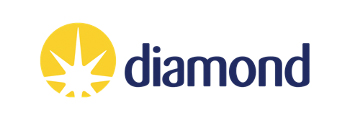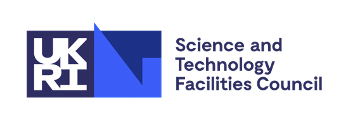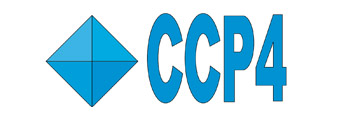


The CCP4 Study Weekend is an annual meeting organised by the Collaborative Computational Project Number 4 (CCP4), a UK-based initiative that supports macromolecular crystallography. The event focuses on providing updates on current methods and software developments in the field of structural biology, and brings together a broad spectrum of participants, including methods developers, senior researchers, and students.
This year’s CCP4 Study Weekend will take place in Nottingham (UK), January 7-9, 2025. The theme of the meeting is “Using software, AI and other methods to advance macromolecular models.” It will be held as a hybrid event, enabling people to choose whether to attend in-person or virtually.
Highlights of this meeting include a Keynote Presentation, a discussion panel with the topic “Skill Mismatch: Are We Training Structural Biologists for Jobs That Won’t Exist?”, a poster session, presentations about “What’s New in CCP4?“, and “Lunchtime Bytes” tutorials, as well as the Diamond MX User Meeting. Lectures will focus on the presentation and discussion of a variety of methods and techniques developed and used by the leaders in the field (see programme for more details).
***2025 will see the return of the ceilidh band “Knitter’s Jig” after the conference dinner on January 8th********
Programme
Day 1 – January 7th
Diamond MX User Meeting from 11am
Session 1:
- Keynote talk
- Discussion panel
- Poster session
- Networking event (Board Game café)
Day 2 – January 8th
- Session 2: Demystifying the black box – new features and old tricks to use software efficiently.
- Session 3: Using prior knowledge to improve and validate models.
- Session 4: AI in structural biology I: Predicted models and how to use them.
- Conference dinner followed by Ceilidh by “Knitter’s Jig” and Board Game café
Day 3 – January 9th
- Session 5: AI in structural biology II: Other applications.
- Session 6: Dynamics.
- Session 7: More ways to characterize your sample.
Scientific Organisers:
- Elke De Zitter (Institut de Biologie Structurale, FRANCE)
- Deborah Harrus (EMBL-EBI, UK)
- Dorothee Liebschner (Lawrence Berkeley National Laboratory, USA)
Key Dates
- Registration will open in September 2024
- Travel Bursary applications close 31 October 2024
- Early bird registration ends 11 November 2024
- In-person registration closes 6 December 2024 (or earlier if places sell out)
- Hybrid Registration closes 9 January 2025
Key Timings
- Diamond user meeting will start at
11:00 on 7th January 2025 - CCP4 study weekend 2025 will start at
17:30 on 7th January 2025 - The event will finish
at 16:30 on 9th January 2025